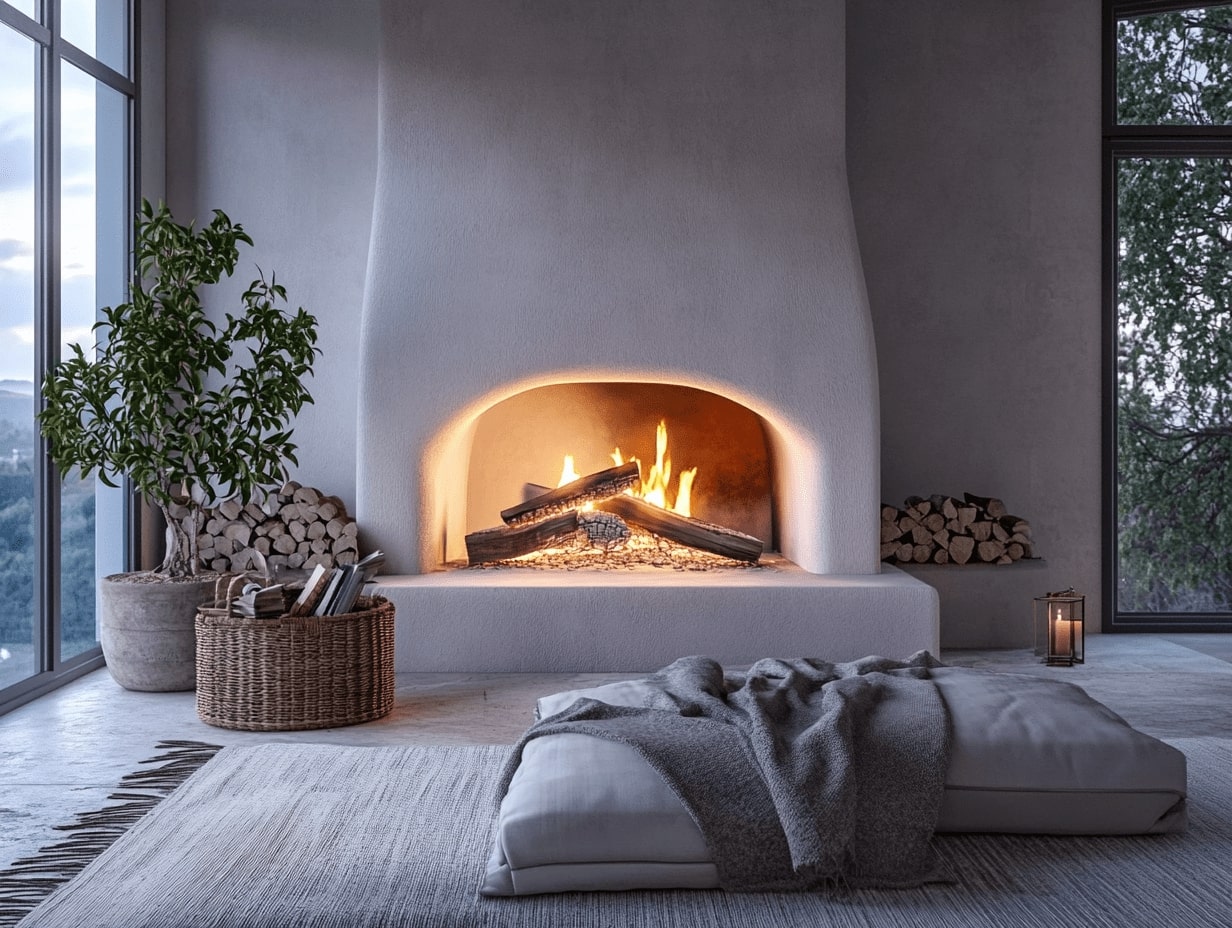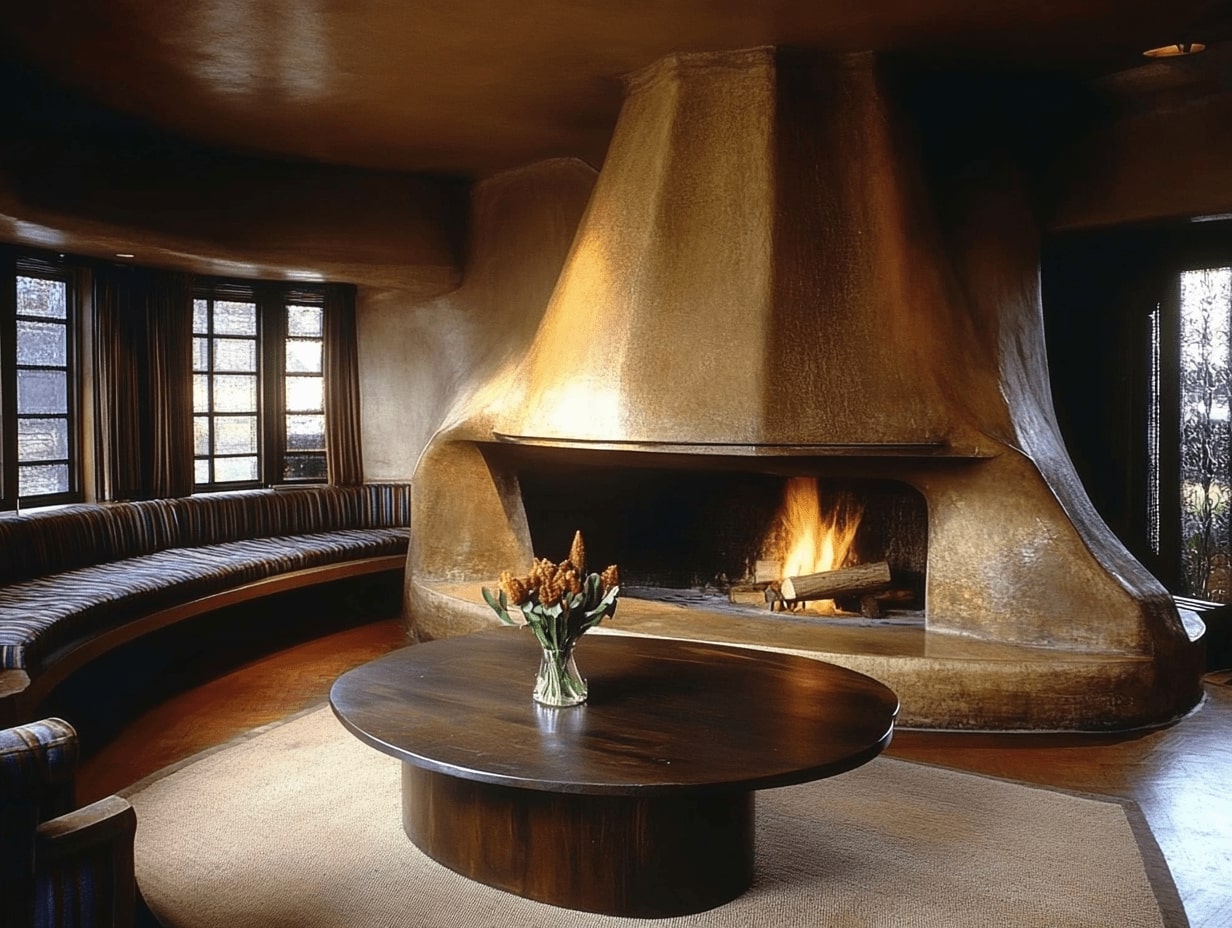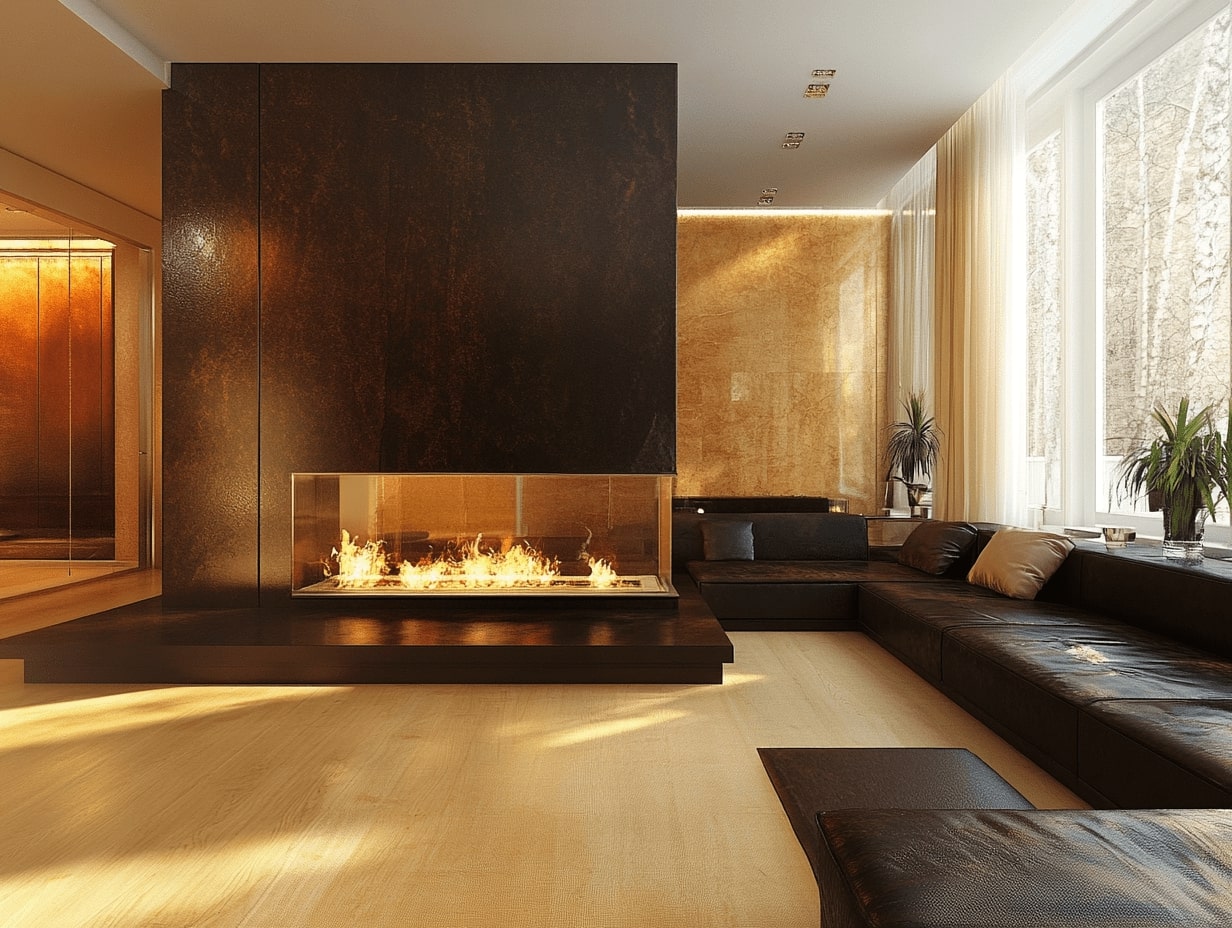- Home
- Articles
- Architectural Portfolio
- Architectral Presentation
- Inspirational Stories
- Architecture News
- Visualization
- BIM Industry
- Facade Design
- Parametric Design
- Career
- Landscape Architecture
- Construction
- Artificial Intelligence
- Sketching
- Design Softwares
- Diagrams
- Writing
- Architectural Tips
- Sustainability
- Courses
- Concept
- Technology
- History & Heritage
- Future of Architecture
- Guides & How-To
- Art & Culture
- Projects
- Interior Design
- Competitions
- Jobs
- Store
- Tools
- More
- Home
- Articles
- Architectural Portfolio
- Architectral Presentation
- Inspirational Stories
- Architecture News
- Visualization
- BIM Industry
- Facade Design
- Parametric Design
- Career
- Landscape Architecture
- Construction
- Artificial Intelligence
- Sketching
- Design Softwares
- Diagrams
- Writing
- Architectural Tips
- Sustainability
- Courses
- Concept
- Technology
- History & Heritage
- Future of Architecture
- Guides & How-To
- Art & Culture
- Projects
- Interior Design
- Competitions
- Jobs
- Store
- Tools
- More
Cozy Fireplace Layouts to Enhance Your Home: Design Ideas for Warmth and Style
Discover cozy fireplace layouts that transform any room into a warm, inviting haven. From rustic to modern designs, learn how to optimize aesthetics, functionality, and heat efficiency while creating a focal point that enhances style and ambiance. Explore tips on seating, decor, and lighting to craft the perfect centerpiece for your home, boosting both comfort and value.

Table of Contents Show
There’s something magical about a fireplace that instantly transforms a house into a home. It’s more than just a source of warmth—it’s a gathering spot, a statement piece, and the heart of countless cozy memories. Whether we’re curling up with a good book or hosting friends on a chilly evening, the right fireplace layout can elevate any space.
From rustic charm to sleek modern designs, fireplaces offer endless possibilities to complement our style and enhance the ambiance of our homes. But creating the perfect layout isn’t just about aesthetics; it’s about functionality too. Let’s explore how thoughtful fireplace designs can bring comfort and character to our living spaces.
Importance Of A Cozy Fireplace Layout
A cozy fireplace layout creates balance between aesthetics and functionality. It positions the fireplace as a focal point, anchoring the room’s design while maintaining an inviting atmosphere. Properly planned layouts draw attention without overwhelming other design elements.
Strategic placement of seating enhances comfort and accessibility. Arranging furniture around the fireplace, such as sofas or armchairs, promotes social interaction and creates an intimate space.
Using complementary design features reinforces harmony. Shelves, mantels, or accent walls surrounding the fireplace build cohesion with the room’s style, whether traditional, modern, or transitional.
Optimizing heat distribution maximizes efficiency. A good layout ensures warmth reaches the surrounding area effectively, especially in larger spaces. Thoughtful orientation helps utilize the fireplace’s heating potential.
Adapting to room size maintains proportions. In compact spaces, corner fireplaces conserve space while maintaining impact. Larger rooms accommodate central or wall-spanning designs for broader visual and functional appeal.

Different Types Of Fireplace Layouts
Fireplace layouts define the character and functionality of a space. Choosing the right design ensures both aesthetic appeal and practical use.
Traditional Layouts
Traditional fireplace layouts feature timeless designs centered along a main wall. These layouts often include a classic mantel and surround materials like brick or stone. Symmetrical arrangements with seating and decor elements, such as framed artwork or mirrors above the fireplace, enhance their elegance. Traditional layouts work well in formal living rooms or spaces with vintage-inspired interiors.
Modern And Minimalist Layouts
Modern layouts highlight clean lines, simplicity, and functionality. They’re often built flush with the wall or embedded with materials like glass and metal. In minimalist architecture, frameless fireplaces or linear models elongate the visual perspective, creating a refined appearance. Neutral color palettes and integrated features, like hidden cabinets or built-in storage, complement the streamlined look.
Rustic And Farmhouse Styles
Corner Fireplace Designs
Corner fireplace layouts maximize space efficiency and introduce versatility. These designs are ideal for small or oddly-shaped rooms where wall space is limited. Arranging angled seating around the corner unit fosters a functional and intimate setting. To enhance the room’s flow, corner designs often integrate seamlessly with built-in shelves or cabinetry.

How To Choose The Perfect Fireplace Layout For Your Space
Selecting the ideal fireplace layout transforms a room by improving both aesthetics and functionality. Every decision must align with the room’s size, purpose, and design style.
Assessing Room Size And Dimensions
Room dimensions set the parameters for an efficient fireplace layout. In compact spaces, corner fireplaces provide a practical solution by conserving wall and floor space. For larger rooms, linear or double-sided fireplaces create expansive focal points and can aid in zoning open-concept areas. Ceiling height also plays a key role; taller ceilings can benefit from vertical elements like stacked stone mantels, while low ceilings integrate well with wide, streamlined designs that avoid overwhelming the space.
Considering Functionality And Purpose
The function of the fireplace guides its layout. For heating, fireplaces positioned centrally in the room optimize heat distribution. Layouts designed for social interaction often surround the fireplace with multi-directional seating or integrate it with entertainment areas. Fireplaces placed in bedrooms or bathrooms prioritize ambiance and relaxation, requiring scaled-down designs to complement these intimate spaces. When serving dual purposes, such as heating and aesthetic appeal, layouts should harmonize utility with style.
Matching The Interior Aesthetic
The layout of the fireplace should align seamlessly with the room’s design style. In modern interiors, linear designs with clean lines and glass panels enhance the minimalist look. For farmhouse or rustic style, stone surrounds or wooden mantels offer authenticity and charm. Classic interiors benefit from symmetrical designs featuring traditional materials like marble or brick. Incorporating consistent textures and colors helps unify the fireplace with the existing decor while maintaining balance in the overall layout.

Decorating Around Your Fireplace
Decorating around a fireplace enhances its role as the room’s focal point. Thoughtful choices in furniture placement, decorative accents, and lighting create a harmonious and inviting space.
Furniture Arrangement Tips
Arranging furniture around your fireplace encourages interaction and relaxation. Position seating such as sofas, armchairs, or a loveseat to face the fireplace directly, ensuring the layout feels balanced. Place a coffee table or ottoman between the seating and the fireplace to create functional symmetry. For larger spaces, consider a U-shaped setup with the fireplace anchoring the arrangement. If the room includes a TV, position it off-center or mount it above the mantel to maintain focus on the fireplace.
Adding Complementary Decor
Incorporating complementary decor reinforces the fireplace’s visual appeal. Use a mantel to showcase items like framed artwork, vases, or candles for added interest. Introduce texture with elements such as stone, brick, or wood accents that match the room’s theme. Shelving on either side of the fireplace is ideal for displaying books, plants, or ornaments, creating a cohesive frame. Rugs in warm tones or neutral patterns anchor the space and emphasize comfort.
Lighting Enhancements
Proper lighting around the fireplace maintains ambiance throughout the day. Include wall sconces on either side of the mantel for gentle, focused illumination. Overhead lighting or recessed fixtures add brightness without overshadowing the fireplace’s glow. For a more layered look, incorporate table or floor lamps near seating areas. Dimmer switches let us adjust lighting intensity, enhancing the cozy atmosphere when the fire is lit.

Benefits Of Cozy Fireplace Layouts
Cozy fireplace layouts offer more than aesthetic appeal. They contribute to creating a warm environment, increasing property value, and improving energy efficiency.
Creating A Warm Ambiance
Strategic fireplace layouts make spaces feel inviting and comfortable. Central placements draw attention, while seating arrangements around the flames promote relaxation and connection. Textures like natural stone or reclaimed wood amplify warmth, blending style and function effortlessly. Thoughtful lighting around the fireplace further accentuates its cozy feel, especially in evening settings.
Enhancing Home Value
Fireplaces remain a sought-after feature in real estate, often increasing property appeal. According to the National Association of Realtors, fireplaces add 6-12% to home value depending on the market. Well-designed layouts with complementary decor demonstrate a harmony between style and utility, making spaces stand out to potential buyers.
Boosting Energy Efficiency
Efficient fireplace designs effectively reduce energy costs during colder months. Modern layouts integrating energy-efficient inserts or heat-circulating blowers improve heat distribution across living spaces. Proper placement prevents heat loss, particularly in open-concept areas. For greater sustainability, designs using materials with better heat retention, like ceramics, enhance long-lasting warmth.
Conclusion
Cozy fireplace layouts enrich homes by merging style, comfort, and functionality. Thoughtfully designed layouts transform living spaces into inviting havens, making the fireplace a central element of warmth and aesthetics. By aligning layouts with room size, design, and purpose, we create spaces that foster connection and complement our home’s overall appeal. Incorporating efficient materials and designs enhances both sustainability and comfort, solidifying the fireplace as a valuable feature in modern homes.
- cozy fireplace designs
- custom fireplace design
- DIY fireplace projects
- energy-efficient fireplaces
- fireplace decor tips
- fireplace design ideas
- fireplace enhancement ideas
- fireplace focal point
- fireplace for small spaces
- fireplace layout inspiration
- fireplace mantel design
- fireplace placement ideas
- fireplace renovation ideas
- home fireplace ideas
- home warmth solutions
- interior design with fireplace
- living room with fireplace
- luxury fireplace layouts
- modern fireplace styles
- rustic fireplace design
- stylish fireplace options
- traditional fireplace layouts
- warm fireplace concepts
illustrarch is your daily dose of architecture. Leading community designed for all lovers of illustration and drawing.
Submit your architectural projects
Follow these steps for submission your project. Submission FormLatest Posts
Which Style Fits Your Home: Scandinavian vs Mid-Century Modern Design
Compare Scandinavian and mid-century modern design across color palettes, materials, furniture, lighting,...
The Ultimate Guide to Modern Living Room Furniture: How to Choose, Arrange, and Style Your Space
From choosing the right sofa to mastering furniture layout in small and...
2026 Modern Furniture Trends Interior Designers Are Obsessed With
Explore the defining furniture trends of 2026—from sculptural silhouettes and artisan craftsmanship...
Small Space Furniture Ideas: Modern Design That Works in 2026
Modern furniture for small spaces goes beyond saving square footage—it operates as...












Leave a comment